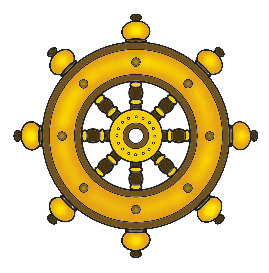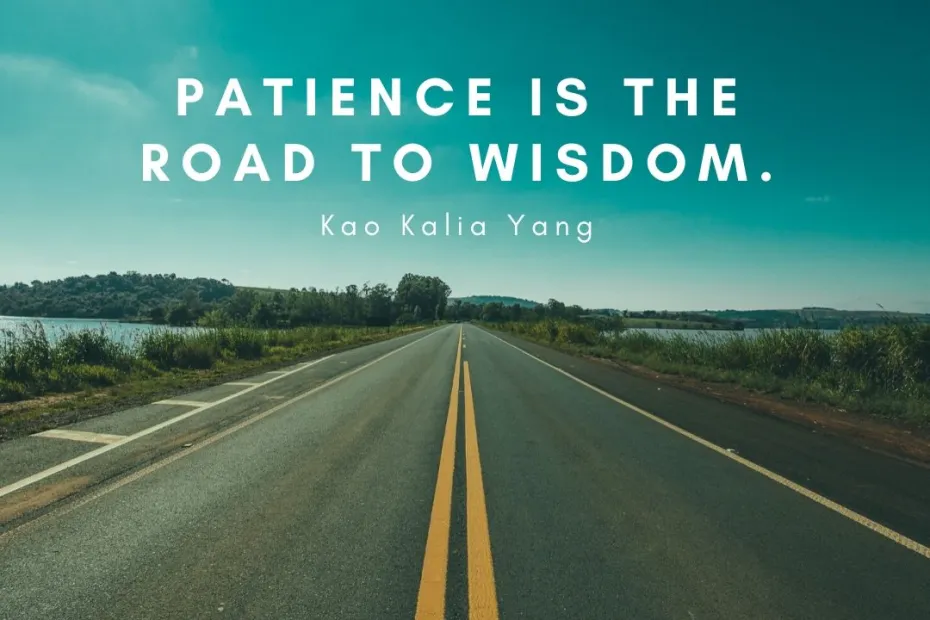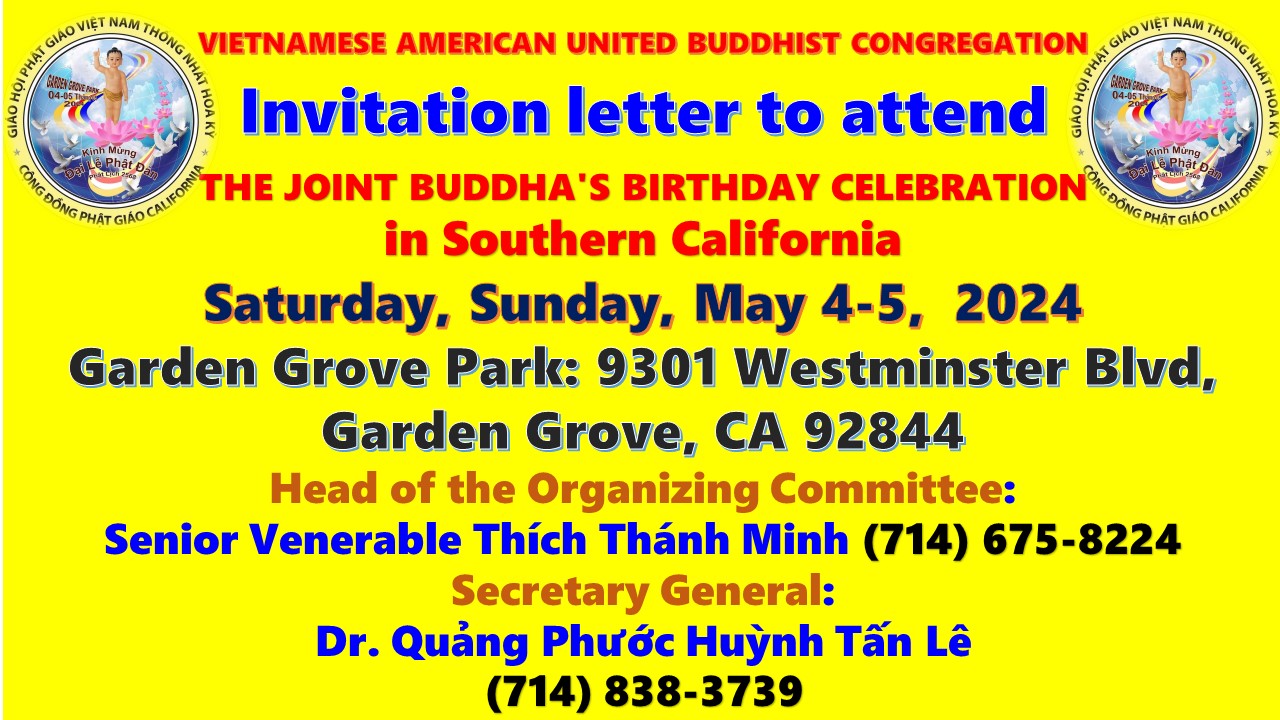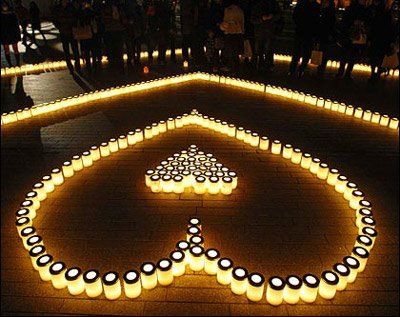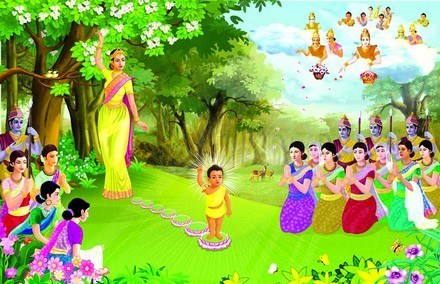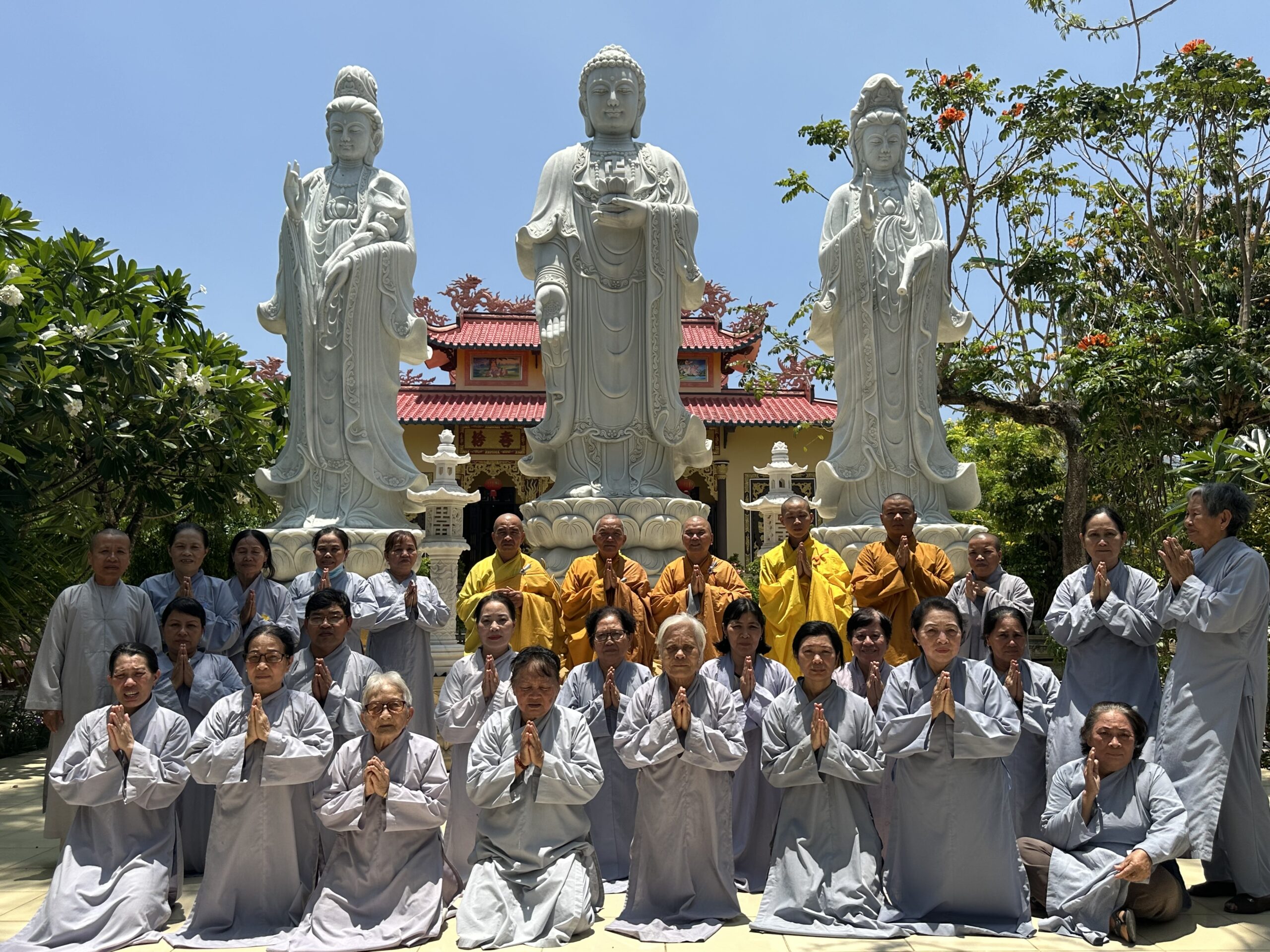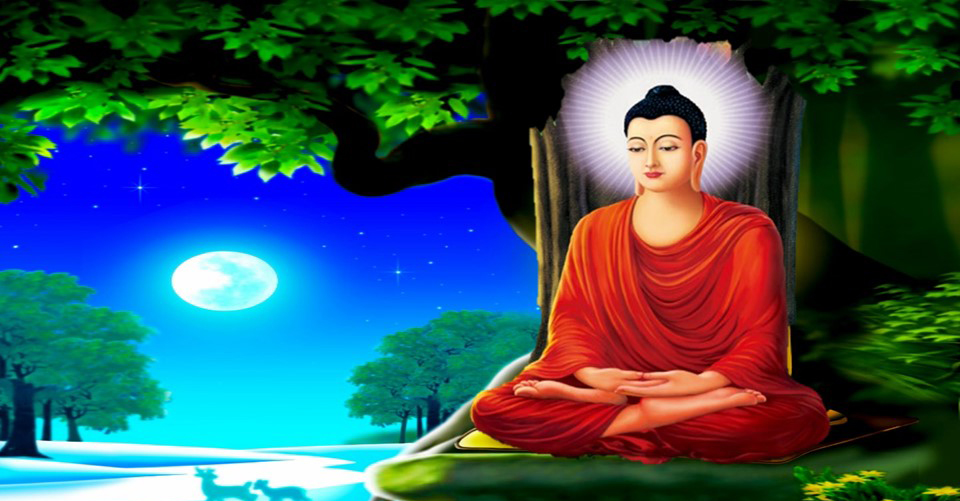PATIENCE
May 11/2022
The modern life that we are living in is fast-paced and stressful, and therefore filled with opportunities to become impatient.
Patience can be such a benefit for us during difficult times, like these times with the global pandemic, the climate crisis, political divisiveness, violent conflict between nations, etcetera …
We often misunderstand the word “patience” to mean suppression or acceptance while gritting our teeth. While its meaning is: agree to accept and be able to adapt to the situation without wanting to retaliate or be spiteful towards the person or thing that has created difficulties for us.
Santideva – the 8th century Indian monk who composed the famous commentary “The Bodhisattva’s Way” says:
“There is no evil like hatred
And no fortitude like patience.”
Patience is not a feeble attitude. Patience does not mean that we allow people to walk all over us. Practicing patience helps us expand our heart’s capacity to accommodate great difficulties.
When we hear the doctor tell us that we have cancer, usually we worry and cry. We tell ourselves: “That cannot be”. “I have done nothing wrong to deserve it”. “Why did it happen to me?”. We think we cannot live when we receive the terrible news, but then a few weeks or a month later, we learn to accept the fact that we have cancer.
Although appropriate remedies are needed for long-term treatment, but since we have accepted the weakness of our physical body, it seems that the cancer cells are slow to spread, because we have created the harmony energy with them, instead of trying to resist or even having a hateful attitude. At this time, the healing process has already begun to happen.
Accepting that we have an illness is having the courage to look at our body’s difficulties in reality. It is not an attitude of giving up. Whether we accept it or not, the truth still happens in its course. If we choose “the attitude of acceptance”, not continuing to avoid or oppose, we have started the process of finding more suitable conditions for our issue to be transformed. The problem is still there, but we no longer feel heavy and terrified.
I have always been taught by the teachers that one of the keys to maintaining patience is having the power of acceptance. Life abounds with examples of situations where we simply need to accept – accepting people as they are, accepting events as they
are happening. Instead of reacting to difficulties or challenging situations with frustration or anger, we can use patience as a skill that allows us to pause long enough to see a situation clearly, and then respond to it accordingly.
When we have trained ourselves in the habit of accepting our own weaknesses, accepting that undesirable things happen according to the principle of cause–condition–and effect, the principle of interdependence of life, then it will be easier for us to accept many of the difficult circumstances that come our way. As long as we can accept any object as part of ourselves, it will not be too hard to accept anything.
It is also extremely important to maintain patience with oneself. Many people take their frustrations out on themselves. For example, a person is impatient with the progress of his or her medical treatments or sport practices, music practices, spiritual practices. He or she feels they should be faster. This can be compared to raising a child over the years, and feeling discontent that the child is not growing faster.
Depending on each person’s perception and practice habits, the acceptability is different. There are issues that others normally accept but we strongly oppose, and vice versa. Even we ourselves are constantly changing our level of acceptance. There are things that we thought we would never accept, but now we can; and there are things that we used to accept very easily, but later we might not bear them at all. In Anguttara Nikaya sutra, the Buddha once gave a beautiful picture of enduring patiently. Suppose a person takes a handful of salt and put it into a small bowl of water, the bowl of water will be so salty that it is unbearable to drink. But if he drops that handful of salt into the river, the water of the river would still be drinkable. Since the amount of water in the river is so vast, a handful of salt doesn’t mean anything.
We all have pains, sufferings, conflict in life, but the matter is whether our heart is big enough to hold it or not. If the external difficulties or inner suffering are too great – more than a bowl of water – we may gradually expand our heart capacity little by little. The more our heart can hold, the easier it is for us to accept things.
We cannot say: “Why should we have to endure?”. Life doesn’t always go our way. If we do not prepare a fairly large heart capacity, there will be times when we are distressed, when an unexpected situation arises, or we grow distant from our loved ones due to lack of endurance.
The amazing thing is that our heart has no boundary. It can expand to infinity – just like our boundless mind. The more we return to nourishing the inner self, the greater our endurance will be, the easier it is for us to accept. All the impermanent changes in life still concern us, but they will no longer cause us fear, they will no longer be able to threaten us.
I would like to end this Dharma talk with a Japanese saying: “Kokoro o okiku hiraku. Utsukushii mono o mieru.” And this is how I translate it: We can perceive more beautiful things when our heart is wide open.
Thank you for listening.

